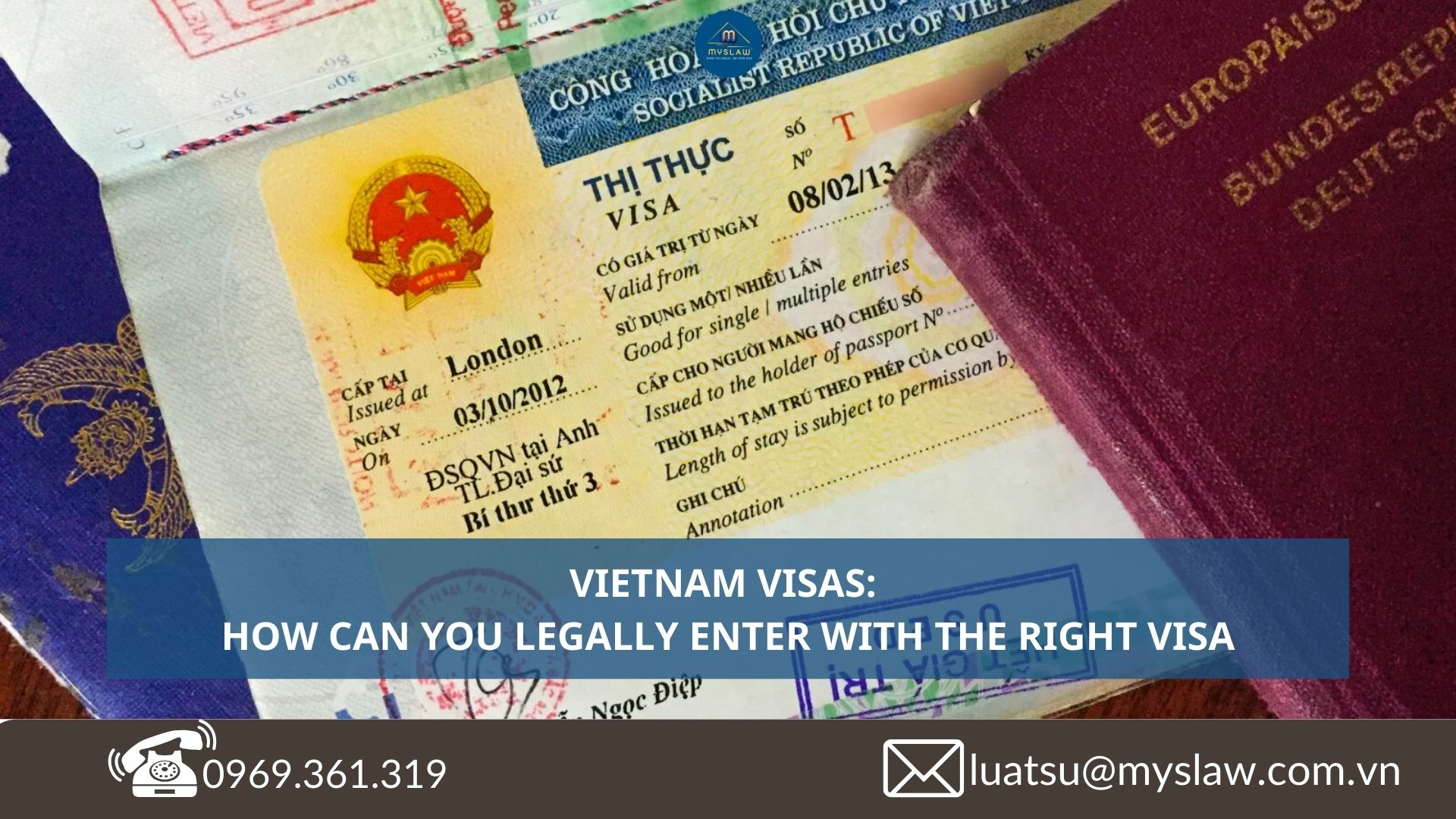Why Provincial Mergers in Vietnam Matter to You

Imagine waking up one morning to find that your business address, work permit, or residency status is now under a different jurisdiction. For foreign businesses and expatriates in Vietnam, this isn’t just a hypothetical scenario—it’s a real possibility due to the ongoing provincial mergers in Vietnam. As Vietnam pushes forward with administrative restructuring, merging provinces to streamline governance, reduce bureaucracy, and enhance economic competitiveness, the implications for expats, foreign investors, and businesses operating in the country are significant.
The challenge lies in ensuring that legal documentation—work permits, temporary residence cards (TRCs), business licenses, land use rights, and tax registrations—aligns with these new administrative changes. Failure to comply could lead to delays, fines, or even legal complications. In this article, we’ll explore why provincial mergers in Vietnam are happening, how they impact your business and personal documents, provide step-by-step guidance on compliance, and offer proactive measures to stay ahead of the changes. If you’re living or doing business in Vietnam, understanding these shifts isn’t optional—it’s essential.
Understanding Provincial Mergers in Vietnam: Why Is This Happening?
The Purpose Behind the Mergers
Vietnam’s government has embarked on a nationwide restructuring effort, merging smaller provinces into larger, more efficient administrative units. This initiative is driven by several key objectives. First, it aims to optimize public resources by reducing administrative overhead and eliminating redundant departments. Second, it seeks to boost economic zones by creating unified regions that can attract investors and improve infrastructure. Finally, it enhances governance efficiency by improving coordination and decision-making at local levels. This is all part of a broader national economic reform strategy designed to accelerate Vietnam’s growth, draw in foreign investment, and strengthen its global competitiveness.
How Mergers Affect Administrative Boundaries
When provinces merge, several critical administrative elements shift. Geographical divisions and jurisdictions change, provincial tax codes and business registration zones are redefined, and government offices overseeing legal procedures may relocate or consolidate. For foreign businesses and expatriates, this directly impacts documents tied to specific provinces, such as Vietnamese work permits, TRCs, business licenses, and more. If you operate in a province undergoing a merger, updating your legal paperwork to reflect these changes becomes a necessity.
Impact on Foreign Businesses and Expats in Vietnam
Changes to Business Registration and Licensing
For foreign-owned businesses, often referred to as FDI (foreign direct investment) enterprises, aligning registration details with the new provincial structure is a must. If your business is located in a province that has merged, you may need to update your business license, tax registration, and address records. To stay compliant, it’s wise to contact the Department of Planning and Investment (DPI) in the newly formed province. They can confirm whether your Enterprise Registration Certificate (ERC) or Investment Registration Certificate (IRC) requires amendments.
Work Permits and Temporary Residence Cards (TRCs)
Foreign employees and investors holding work permits or TRCs should be aware that these documents are linked to a specific province and employer. If your company now falls under a different provincial jurisdiction due to a merger, updates might be required. To avoid complications, reach out to the Department of Labor, Invalids, and Social Affairs (DOLISA) to verify if your work permit needs adjustments. Additionally, a visit to the Immigration Office can clarify whether your TRC requires an address update to reflect the new administrative boundaries.
Property and Land Use Rights for Foreigners
Foreign property owners and land leaseholders also face changes. Land title documents must reflect the name of the newly merged province, and provincial mergers could influence property tax assessments or local land-use regulations. To ensure compliance, check with the Department of Natural Resources and Environment for guidance on updating land use certificates and lease agreements.
Practical Guide: Updating Legal Documents Post-Merger
Documents Businesses Need to Review
Businesses should carefully review several key documents to ensure they align with the new provincial structure. The business license, tax registration, and investment certificate are among the most critical. If your company is incorporated in a province that has merged, confirming the new administrative requirements with the DPI and the Tax Department is a crucial step. It’s also a good idea to check employment contracts and payroll systems to ensure that any references to the old province’s name are updated accordingly.
Documents Expats Need to Update
For expatriates working or residing in Vietnam, the Temporary Residence Card (TRC), work permit, and house lease agreement are the primary documents affected. If your residence or employer’s business registration now falls under a different province, you may need to update these to reflect the new jurisdiction. Bank accounts and personal tax records might also require modifications. Contacting your bank and local tax office can help ensure all necessary updates are processed smoothly.
Navigating Compliance: Steps for a Smooth Transition
Step 1: Stay Updated on Official Announcements
Provincial mergers are announced by Vietnam’s Ministry of Planning and Investment and relevant local government agencies. Foreign companies and individuals should actively monitor these updates to avoid missing deadlines for document revisions. Staying informed is the first line of defense against compliance issues.
Step 2: Contact Relevant Authorities Early
For business registration and tax compliance, reach out to the DPI as soon as possible. If your business falls under a new jurisdiction, process any required updates before renewal deadlines to avoid disruptions. Similarly, work permit holders should coordinate with DOLISA, while expats needing TRC modifications should consult the Immigration Office to confirm the necessary steps.
Step 3: Adjust Corporate and Personal Documents
Prioritize updating business and personal documents to prevent legal complications. Businesses should ensure that company addresses, tax filings, and investment certificates align with the new province structure. Foreign workers need to verify that their work permit employer details match the new jurisdiction and check with immigration officials if residency status adjustments are required.
Step 4: Work with Legal and Business Consultants
For a seamless process, consider seeking assistance from local law firms or business consultants specializing in FDI compliance. These professionals can ensure accurate document revisions and help you avoid unnecessary delays or legal hiccups.
Key Takeaways and Final Recommendations
Provincial mergers in Vietnam are reshaping the country’s governance and business landscapes, and they carry real consequences for expats and foreign businesses. Updating legal documents is essential to remain compliant, with business registration, work permits, and TRCs all requiring verification post-merger. Proactive compliance can prevent delays, fines, or operational disruptions.
The good news is that Vietnam’s government is committed to a smooth transition and has mechanisms in place to support businesses and expats through these changes. To make the most of this shift, stay informed, update your documents early, and consult professionals if needed. By preparing ahead, you can turn this administrative transition into an opportunity for growth and efficiency rather than a bureaucratic headache.
Need help updating your documents? Contact a legal expert specializing in business and immigration law in Vietnam to ensure a seamless process. With the right approach, you’ll navigate these provincial mergers with confidence and clarity.
The above information is provided by Mys Law. For any questions regarding the content of this article, please contact 0969.361.319 or email: [email protected] for further clarification. Best regards!
Compiler: Nguyen Anh Quan





